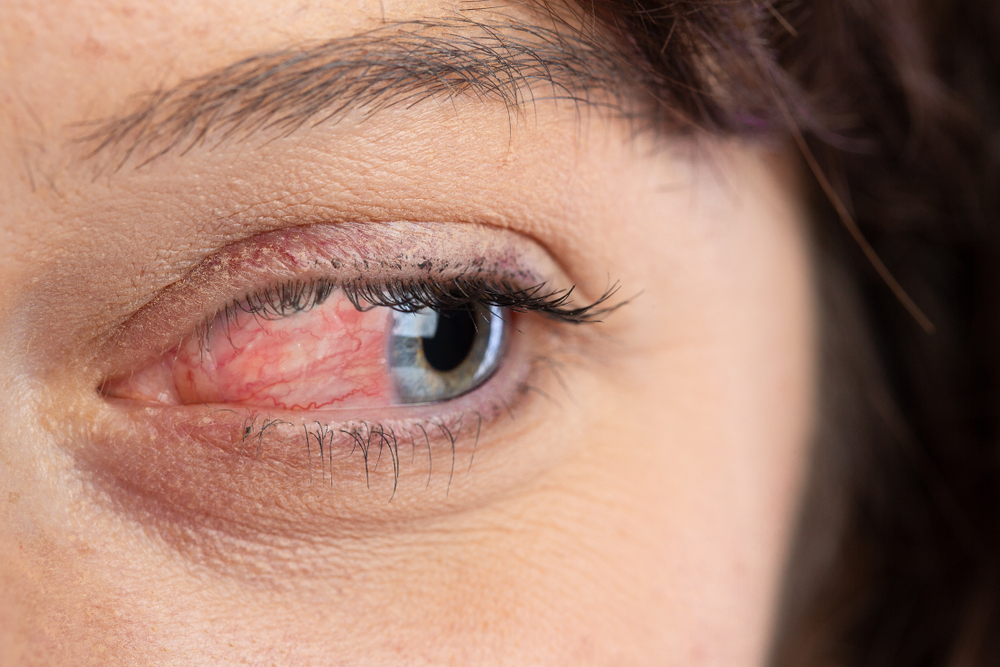
Dry eye syndrome is a common condition characterized by insufficient tears or poor tear quality, leading to discomfort, redness, and blurred vision. While environmental factors and prolonged screen time often take the blame, an often-overlooked cause lies deeper—your diet. Nutritional deficiencies can significantly impact the health of your eyes, playing a pivotal role in the onset or worsening of dry eye symptoms.
How Nutrition Impacts Eye Health
Your eyes rely on a balanced supply of vitamins, minerals, and fatty acids to maintain proper function. Tears, which keep your eyes lubricated, contain a complex mix of water, oils, and mucus that can be disrupted by inadequate nutrition. When the body lacks essential nutrients, the delicate balance required for tear production and eye hydration can break down, resulting in dry eye.
Key Nutritional Deficiencies Linked to Dry Eye
Omega-3s are essential for tear production and maintaining a healthy oil layer in your tears. A deficiency in omega-3 fatty acids, commonly found in fatty fish like salmon and mackerel, can result in poor-quality tears, leading to faster tear evaporation and dry eye.
Vitamin A is crucial for maintaining the health of the conjunctiva (the tissue covering the front of your eyes) and for producing mucin, a key component of tears. A deficiency in vitamin A can lead to severe dry eye and even damage to the cornea if left untreated.
Studies suggest that low levels of vitamin D are associated with dry eye. This vitamin has anti-inflammatory properties that help regulate tear production and prevent irritation.
Vitamin B12 deficiency has been linked to neuropathic eye pain and dry eye symptoms. Incorporating B12-rich foods such as dairy, eggs, and fortified cereals can support better eye health.
Additionally, antioxidants like vitamins C and E protect your eyes from oxidative stress and inflammation, both of which contribute to dry eye. Deficiency in these vitamins can leave your eyes more vulnerable to environmental damage.
How to Improve Dry Eye Through Nutrition
The good news is that addressing nutritional deficiencies can help alleviate dry eye symptoms. Here are a few dietary tips to boost your eye health:
Incorporate Omega-3-Rich Foods: Add salmon, walnuts, chia seeds, and flaxseeds to your diet.
Boost Your Vitamin A Intake: Eat leafy greens, carrots, sweet potatoes, and liver.
Get Enough Vitamin D: Spend time in the sun responsibly and eat foods like fortified milk, egg yolks, and fish.
Focus on Antioxidants: Include citrus fruits, berries, nuts, and seeds in your meals.
When to Seek Professional Help
While a balanced diet can significantly improve your eye health, persistent dry eye symptoms may require professional intervention. At San Marino Optometry, we specialize in comprehensive eye care, including treatments for dry eye syndrome. We can evaluate your condition, identify underlying causes, and create a customized treatment plan to restore your eye comfort and clarity.
Optimizing Your Eye Health and Comfort at San Marino Optometry
Your diet is a powerful tool in managing and preventing dry eye syndrome. By addressing nutritional deficiencies and maintaining a balanced intake of essential nutrients, you can support your eyes' natural hydration and comfort.
If you are experiencing dry eye symptoms, schedule a consultation with San Marino Optometry in San Marino, California, for nutritional guidance and effective treatment options. We proudly serve the San Marino, San Gabriel, and Arcadia communities. Please call (626) 415-3600 to book an appointment today.











 {{menu-footer}}
{{menu-footer}}